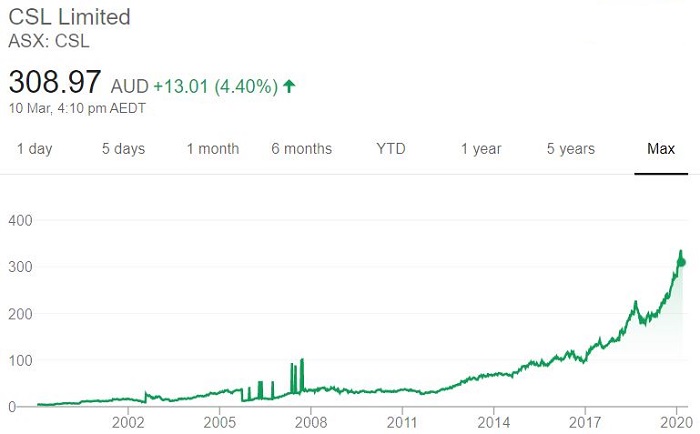SMSFs are well-known for holding substantially greater allocations to cash and Australian shares than professional investors, while being underweight fixed income and international shares. They're also known for heavy allocations to high-yielding Australian shares, particularly financials.
But new nabtrade analysis suggests some of these allocations may be changing as ultra-low interest rates start to bite, and global and domestic markets reward risk-taking behaviour.
How allocations are changing
nabtrade SMSF trustees have reduced their allocation to banks by nearly 25% over the last four years, while increasing their allocations to diversified instruments such as ETFs and international share funds.
In 2019, SMSFs were net sellers of Australian equities in the first six months, taking profits as the S&P/ASX200 rallied, then they resumed buying as prices fell in July and August. Selling into rallies and buying on price weakness reflects the contrarian behaviour we typically see from our SMSF investors.
In addition to diversifying their portfolios to reduce exposure to banks and other overweight sectors, it's likely some investors were seeking to prevent a fall in their income should a future government ban the rebate of franking credits in a no or low tax environment.
Despite the reduction in financials, which fell 5% in 2019 alone, bank shares remain the most-held stocks by SMSFs, taking the four top holdings.
SMSFs also hold larger amounts of Woodside Petroleum, Transurban and Macquarie than non-SMSF investors.
Given the preference for high-yielding bank shares, many SMSFs have missed out on one of the biggest success stories on the ASX, with only 11% of nabtrade SMSFs holding global biotechnology company CSL. CSL is now the second largest stock on the ASX (and has been the first, dependng on when the market cap is measured), up over 50% in 2019 and 250% over five years.
Those SMSFs who do hold CSL are high conviction, with an average holding of over $150,000 versus $40,000 for Telstra. SMSF holdings of healthcare stocks has increased from 6% to 9% over four years.

Telstra was sold down throughout 2019 as its price strengthened, with 38% of SMSFs holding it at the beginning of the year, and only 34% holding it in December.
SMSFs also loosened their grip on BHP, ending the year with holdings down from 5% to 4.3% despite an increase of 18% in the price.
SMSF adoption of ETFs
SMSF trustees were early adopters of Exchange-Traded Funds (ETFs) with growth continuing in 2019. At the beginning of 2020, SMSFs held $20,000 more in diversified products (including ETFs, listed investment trusts and companies and mFunds) than at the beginning of 2019, of which 58% came from net buying (42% from market growth).
SMSFs took up increasing parcels of the large fixed interest Listed Investment Trusts (LITs) brought to market in 2019. Popular ETFs and mFunds also included those with exposure to international shares and fixed income. ETFs accounted for 8% of net buys in 2019.
The start of 2020 has been marked by a return to volatility, with coronavirus fears hanging over a market that had only recently reached record highs. nabtrade SMSF investors tend to respond less to volatility than other investors, and may see price falls as an opportunity to top up on favoured stocks. Interestingly, the cash position of nabtrade’s SMSFs was largely unchanged throughout 2019, leaving plenty of trustees with dry powder should further declines in domestic and international shares present good value.
Gemma Dale is Director of SMSF and Investor Behaviour at nabtrade, a sponsor of Firstlinks. This material has been prepared as general information only, without reference to your objectives, financial situation or needs.
For more articles and papers from nabtrade, please click here.